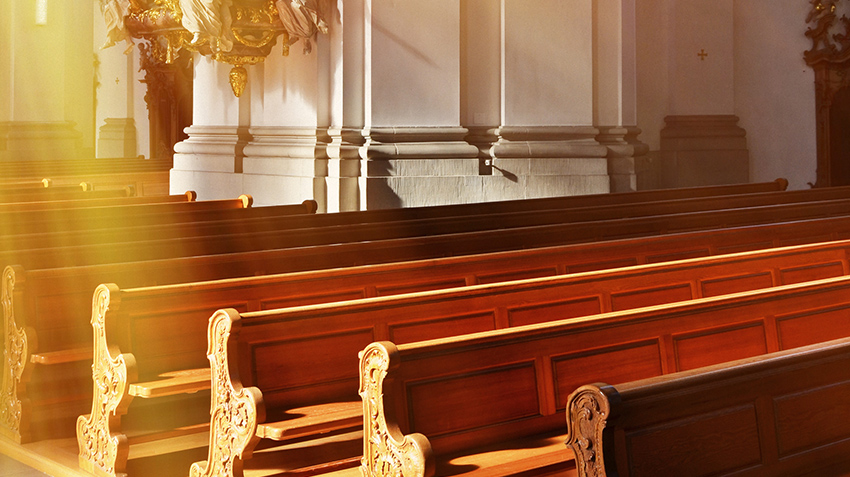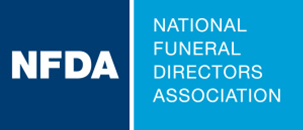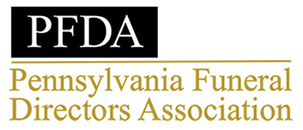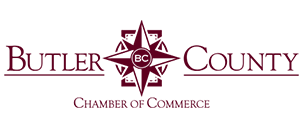
No matter where the ceremony is held, a traditional funeral service is usually a very structured ceremony.
A traditional funeral has a specific beginning, middle, and end, that aims to involve the loved ones of the deceased as much as possible.
A traditional funeral ceremony is an effective option and is one of the most commonly followed ceremonies in the US as it offers a full service from start to finish.
If you’re planning a funeral for a loved one or preplanning your own end-of-life ceremony and are unsure of what a traditional funeral service entails, here are some insights.
What’s the process of a traditional funeral?
Most reputable funeral homes will provide multiple steps when assisting with a traditional ceremony. Family members can choose to add or omit any steps to a traditional service, but the steps typical to a traditional funeral service are as follows:
- Visitation, which is also known as the wake, takes place a day before or on the day of the funeral, where guests can pay their respects and spend time with the family
- The ceremony is the main part of any traditional funeral where guests can gather to listen to religious readings and give eulogies
- The committal is a standard process that’s followed in a traditional funeral which involves close family and friends at the burial
- The reception is the final step of a traditional funeral ceremony where guests are invited to partake in conversation and refreshments
It’s important to note that the embalming process is optional no matter what sort of funeral service you choose to go with. It’s extremely common, however, for most conventional funeral services to include embalming, especially for a wake.
How does a traditional funeral ceremony take place?
While you may choose to opt out of some, a traditional ceremony is usually structured according to the following steps:
- Funeral music preludes played as the guests arrive
- Words of welcome that can be stated by a funeral director or religious leader
- Prayer and scripture readings that are officiated by a religious leader
- Hymns or musical sections depending on where the ceremony is held
- The formal reading of the obituary provided by the family by the funeral director
- The eulogy and tributes can be recited by the deceased’s loved ones
- Thanking and acknowledging the guests for attending—usually done by family
- Final viewing of the casket where attendees can pay their final respects
- Closing of the casket where religious leaders will give a closing statement
Are traditional funeral services the only option?
While a traditional funeral service might be the most popular choice amongst many, it’s not your only option. You have the freedom to choose from a direct burial or direct cremation that doesn’t require the functions of a traditional service.
No matter which type of funeral service you choose to proceed with, make sure to work with a reputable and affordable funeral service to ensure that a dignified end-of-life ceremony is offered for you or your loved one.



